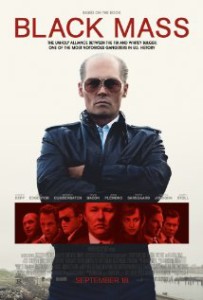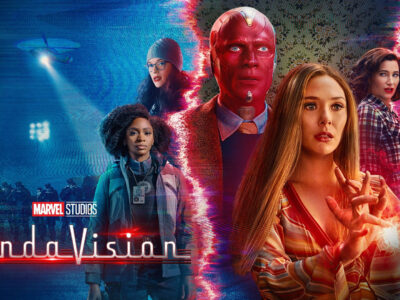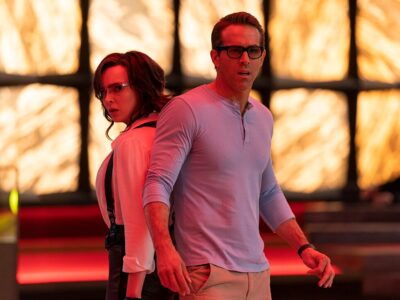#074 – Black Mass and Relative Goodness
On this episode of the Reel World Theology Podcast:
 Black Mass, based on the book Black Mass: The True Story of an Unholy Alliance Between the FBI and the Irish Mob recounts the infamous life of James “Whitey” Bulger. The film sports an incredible cast and has drawn much buzz as a “return to form” for it’s lead, Johnny Depp. While we feel we’re treated to quite the performance by Depp, was that enough for this biopic to really get at the heart of Bulger more than previous takes on the story? We take a look at the difference in a series of events and telling an interesting story as well as comparing our goodness to that of others. We hope you enjoy it!
Black Mass, based on the book Black Mass: The True Story of an Unholy Alliance Between the FBI and the Irish Mob recounts the infamous life of James “Whitey” Bulger. The film sports an incredible cast and has drawn much buzz as a “return to form” for it’s lead, Johnny Depp. While we feel we’re treated to quite the performance by Depp, was that enough for this biopic to really get at the heart of Bulger more than previous takes on the story? We take a look at the difference in a series of events and telling an interesting story as well as comparing our goodness to that of others. We hope you enjoy it!
Download Episode 074 Here:
Reel World Theology #074 – Black Mass and Relative Goodness
Reel World Theology on Stitcher
Reel World Theology on FeedBurner
This week’s panel included Tyler Smith and Josh Crabb.
Tyler Smith (@morelessons)
More Than One Lesson
Battleship Pretension
Joshua Crabb (@HeyItsThatJosh)
RWT Contributor
13Past1 Blog
Podcast Notes and Links:
Black Mass at IMDB
Black Mass at Rotten Tomatoes
Black Mass Review at Reel World Theology
Black Mass Review at ZekeFilm
Black Mass Review at Christianity Today









Great episode guys. I just wanted to briefly comment on the
character played by Dakota Johnson. In the episode, you spoke about how the female
characters where marginalized, one-dimensional, and not given much to do. While
I agree, I think her minor part fits the story that Scott Cooper is telling, though I don’t
think it’s the one or the way he should be telling it. It makes sense that we
don’t see Dakota Johnson’s character after the scene in the hospital. With what
we know about Whitey from the movie, family matters more than anything. His son
is family; she is not. After she declares her willingness, and desire, to pull
the plug on his son, he would consider her dead to him. He would see this as
treacherous, and her absence from the rest of the film seems like a metaphorical
death for the real deaths of those people Whitey considered treacherous in his
business dealings.
Juno Temple’s scene in this movie seems like one of those, “hey
this really happened, so we better show it” moments. I will say, Rory Cochrane
is amazing in this scene, and it seems that her death is a catalyst for him to
give evidence on Whitey in the future.
I agree with you guys that it would have been great to see Julianne
Nicholson’s and Joel Edgerton’s characters together in more of the movie,
showing the decline of their relationship, sort of like the marriages we see in
Donnie Brasco and Goodfellas. Like you guys, I also would have loved to have
seen the movie from John Connolly’s POV. Unfortunately, as I sat in the
theater, all I kept thinking was, “Man, I would love to see what Martin
Scorsese would have done with this.”
Once again, great episode! Thanks guys!
Bulger is interesting enough to put together a narrative, but, as we said a lot and what ultimately left most people saying “meh”, was that it has been done before. The Connolly story, as Tyler pointed out, seemed to fit the title and be a more compelling POV.
Thanks for listening Sean! I think it might have been tertiary to point out that women are few in the movie. However, your point about Dakota Johnson’s character quickly disappearing does make sense that she essentially died to Whitey when she said what she said. Good thoughts!
Yes! Thanks for listening Sean. I like your thoughts on the ladies of the film and it does help round out their small, but important parts.
I think it would be GREAT if Scorsese made a version of this story. I think he’d call it “The Departed.” 🙂